"At that time, from women to men, adults to children in the neighborhood, everyone bathed with Co Ba soap. There were no trucks to deliver goods to the place, the only grocery store near my house had to take a boat or bus to Kim Bien market (District 5, Ho Chi Minh City) to get goods to sell," Mr. Thinh said.
Or like Da Lan toothpaste, he said he still clearly remembers when his father held the tube and said "this brand of toothpaste is good".
As time passed, Mr. Thinh moved to Ho Chi Minh City to start a business. Vietnam also opened its economy , welcoming many foreign corporations to invest and do business. Vietnamese soap brands gradually gave way to fragrant shower gels from foreign brands. He also switched to other brands because his wife said the market now only sold Western products.
But after decades, he said he still clearly remembers the scent of coconut oil wafting from Co Ba soap. "That smell of my childhood is hard to forget," Mr. Thinh recalled.
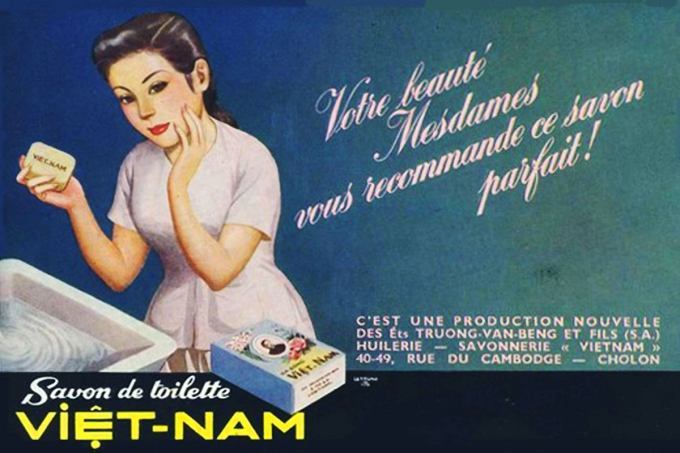
Joint venture then acquired
Co Ba soap, Sinco sewing machines, Con Cop soft drinks, Hynos and Da Lan toothpastes... were once the market leaders in terms of scale, capacity and brand value in the second half of the 20th century. Accordingly, Co Ba soap almost completely occupied the Southern market share, spread throughout the Indochina countries, exported to Hong Kong (present-day Hong Kong, China) and some African countries or the New Island region ( Pacific ).
Da Lan toothpaste is also one of the famous brands. In the years after the renovation, this product has accounted for 70% of the market share nationwide, from Da Nang to the South, the market share is up to 90%. Or Viso and Haso detergent powders used to have sales that many brands dream of thanks to good products, targeting consumers in the low-end segment with prices suitable for the majority of users.
In the late 1990s and early 2000s, Tribeco brand soy milk and carbonated soft drinks were also selected by the Ho Chi Minh City People's Committee as key industrial products. They were voted by consumers as "the best quality Vietnamese products" for more than 10 consecutive years. The company accounts for 15-20% of the carbonated soft drink market share, about 25% of the non-carbonated drinks market share such as soy milk, tea...
However, after the country opened up to integration, the above national brands showed signs of weakness, having to rely on support from external capital flows, including foreign capital. From the position of bilateral cooperation, their voice gradually weakened in the management stage, bogged down in losing their own brands.
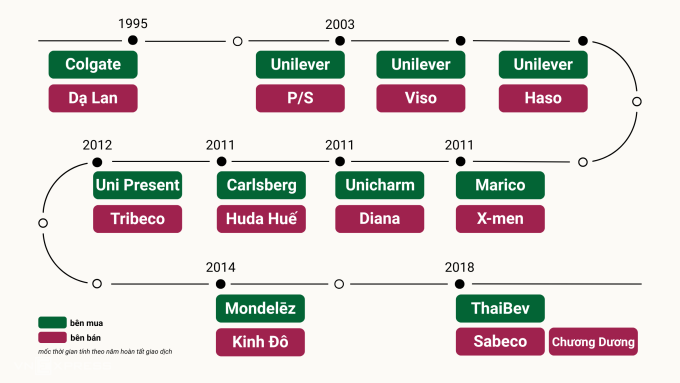
A typical example is the case of Da Lan toothpaste. In the early 90s, this toothpaste brand held 70% of the country's market share, so according to the founder, Trinh Thanh Nhon and Da Lan are like "girls in their prime", attracting many foreign companies such as Colgate, Unilever, and P&G to discuss cooperation.
"At that time, there was no Internet, I only heard from friends that if P&G and Unilever entered Vietnam, no Vietnamese brand would be able to survive. Therefore, I thought joining hands with Colgate could be a way to fight the storm," Mr. Nhon shared.
At that time, he said Colgate convinced him that if the joint venture was successful, the Da Lan brand would have more capital and sales would increase because it used American technology to export to Thailand and neighboring countries. As a result, in 1995, he signed a joint venture contract with a valuation of 3.2 million USD, holding 30% of the capital.
"They wouldn't accept any other ratio than 30-70. If I didn't accept, they would choose another joint venture partner. Honestly, I was naive at that time, thinking that a joint venture was reasonable. If we operated alone, we would sooner or later lose market share," Mr. Nhon recalled.
Less than a year later, Colgate announced that Da Lan was losing more and more money and needed to make room for their products. About two years later, the group of foreign shareholders said they had used up all their capital and borrowed from the bank, triggering bankruptcy. After several negotiations, Colgate agreed to buy back Mr. Nhon's capital for $5 million with the condition that Da Lan's owner would not participate in this industry for the next five years.
"The joint venture with Colgate can be said to be the biggest mistake of my life. This mistake comes from many things, including the panic of Vietnamese businesses when facing the wave of foreign investment and the lack of understanding, not anticipating the tricks when doing joint ventures", the sixty-year-old businessman once shared with VnExpress .
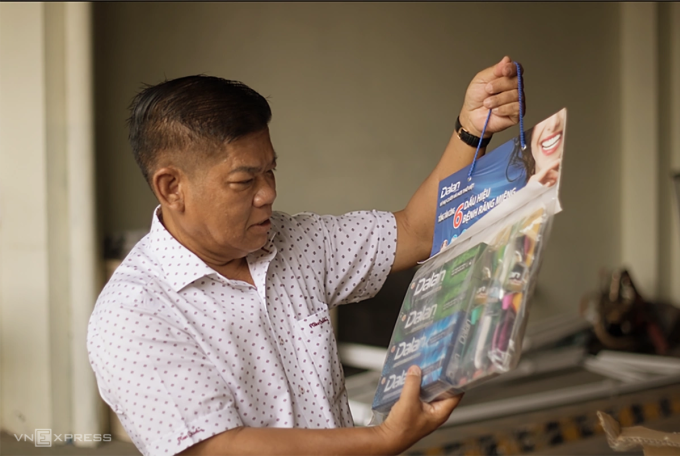
Also in the import spiral, the Co Ba soap brand, after many changes, belonged to Phuong Dong Production and Trading Joint Stock Company and chose a joint venture with Procter & Gamble Group (P&G) around 1995. At first, Co Ba soap was still next to foreign brands, but over time, the distribution channel of Vietnamese goods gradually narrowed from grocery stores, traditional markets to large and small supermarkets.
Since 2017, real estate businesses An Duong Thao Dien gradually acquired Phuong Dong Company but mainly for the land right at Kim Bien market, rather than to restore the once famous Vietnamese brand. Up to now, Co Ba soap still survives, hidden in a few small corners of a few supermarkets or e-commerce platforms.
The joint venture and acquisition scenario was also applied by Unilever with other familiar brands such as P/S toothpaste, Viso or Haso detergent in the early 2000s.
The market has thus lost a series of once-famous Vietnamese brands, or has fallen into the hands of foreigners.
Fast-moving consumer goods manufacturing enterprises are the target
Looking at the list of major mergers and acquisitions (M&A) deals over the past two decades, it is easy to see that the "favorite dish" of foreign investors is fast-moving consumer goods (FMCG) manufacturing enterprises.
Having been caught in that acquisition spiral, Mr. Huynh Ky Tran, CEO of Lan Hao Cosmetics Production Company Limited - the owner of the Thorakao brand - said that since the opening of the economy, many foreign enterprises have targeted his company. Some want to cooperate, some want to contribute capital, some want to buy back the 64-year-old brand, notably Shiseido (Japan).
There was a unit that offered 50 million USD but Mr. Tran did not agree. According to this businessman, his family brand must be worth up to billion USD because the intrinsic value comes from the people, including inventions, innovations and business ideas. In addition to the price not being suitable, Mr. Tran decided to keep Thorakao because he wanted to pass on the profession to his children and grandchildren.
According to him, the attractive point of Thorakao as well as other famous Vietnamese brands at that time was its reputation. When owning this brand, it meant that foreigners could easily take over the brand and market share of a company that had been built for decades.
Experts also believe that acquiring domestic brands will "roll out the red carpet" for foreign investors when entering a new market.
Mr. Truong Duy Khiem, Director of Truong Dinh branch of Asia Commercial Bank Securities Company (ACBS), said that it would be easier for foreign corporations to acquire effectively operating businesses than to build a new brand from scratch.
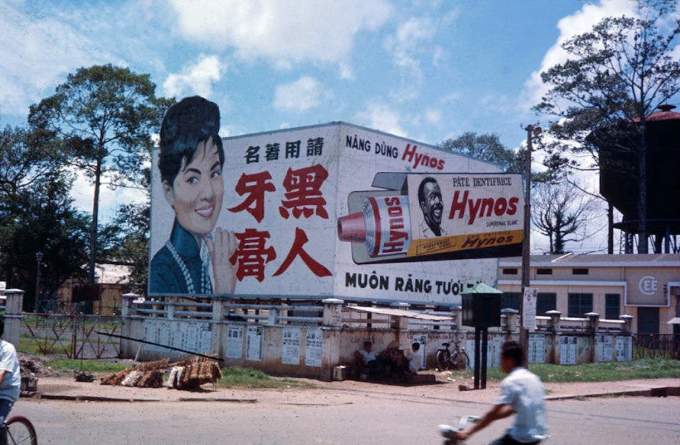
Ms. Nguyen Dieu Phuong, Deputy CEO of VOF Fund under VinaCapital, added that brands that can capture local consumption trends are also the target of foreign investors. This is something that foreign enterprises find difficult to achieve without domestic partners. Companies that deeply understand Vietnamese tastes, such as food tastes, regional markets, and shopping behavior, will help investors easily "localize" products and brands.
Meanwhile, the sustained growth rate of consumer spending is considered by Mr. Chad Ovel, CEO of Mekong Capital, as the main reason why this group is favored by foreign capital. Excluding the pandemic period, Vietnamese consumer spending on FMCG has grown steadily at 10-12% annually. This high growth rate is forecast to continue until the end of the decade. Another unique factor in Vietnam, according to Mr. Chad, is the very high rate of homeownership without mortgage debt. Therefore, the increased income will mainly flow into consumer spending.
VinaCapital believes that in recent years, the domestic investment environment has become increasingly open. The Government's active negotiation and signing of many free trade agreements such as EVFTA, CPTPP... also helps foreign investors see Vietnam as an ideal "production and export base" in the region.
Looking at the above "takeover" story, economic expert Dr. Dinh The Hien said that at that time, famous Vietnamese enterprises did not have many options. If they did not "sell themselves", they would have difficulty expanding because of lack of capital, unopen policies and no mechanism to mobilize capital from public shareholders. At that time, Vietnam did not have a stock exchange. stock or a strong public joint stock system like today.
In a dialogue last year, Ms. Nguyen Thi Mai Thanh, Chairwoman of Refrigeration Electrical Engineering Corporation (REE), also said that the reason this enterprise decided to be the first to list on the stock exchange in 2000 was because the financial crisis in Thailand in 1997 pushed interest rates very high at that time, over 20% per year. This made it difficult for enterprises to borrow capital.
When invited to become the first listed company, Ms. Thanh immediately thought of two main goals: raising capital to develop the company and giving shareholders the opportunity to exchange information. stocks. "The main benefit of listing a business on the stock exchange is raising capital through issuing shares," said Ms. Thanh.
Not every trade is a regrettable one.
Late 2014, Kido (formerly Kinh Do) sold 80% of its confectionery division to Mondelēz International for $370 million (VND7,846 billion). A year later, the company sold the remaining 20% of its shares. After being acquired by the American investor, the Kinh Do brand changed its name to Mondelez Kinh Do.
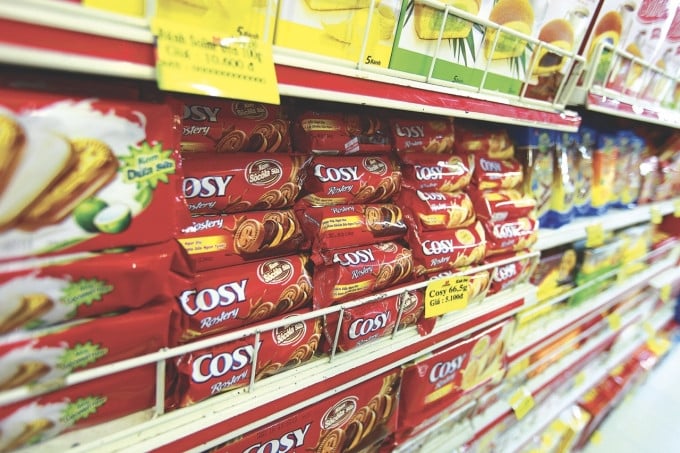
Share with VnExpress , Mr. Tran Le Nguyen, CEO of Kido, said that before the deal took place, Mondelēz International wanted to cooperate with the company many times but failed. After that, this group expressed its intention to buy back shares of the confectionery division.
Although he used to hold the largest market share in the industry, since 2013, confectionery consumption has shown signs of slowing down, and the growth cycle has gradually declined. Meanwhile, consumers tend to reduce their purchases of sweets and gifts and switch to essential foods. Realizing that the confectionery market is gradually shrinking, he decided to divest and shift to the essential food industry.
Instead of gradually selling shares, Mr. Nguyen said Kido chose to sell all because he realized that if he continued to maintain, profits could decrease, while investing in new industries required large capital. If he failed to borrow from the bank, the risk would be very high. Therefore, the company took advantage of the time when revenue was at its peak to divest, taking the money to reinvest in more potential fields, notably cooking oil (buying back Vocarimex, Tuong An), dumplings (acquired Tho Phat) and expanded ice cream segment.
"Thanks to reinvestment in new areas, Kido's revenue increased from more than VND4,500 billion in 2013 to nearly VND8,650 billion 10 years later," said Mr. Nguyen.
Economist Dinh The Hien also said that Kido's deal was a strategic move, not a "loss" of the brand. Similar to the Saigon Beer (Sabeco) deal - SAB) sold to ThaiBev Group also has more advantages than disadvantages because of the high price and strategic calculation. On the contrary, many other brands such as Da Lan and Tribeco were acquired at low prices because domestic enterprises do not have enough financial resources to expand or maintain their competitive position.
Strategic calculation is considered a useful compass when participating in the "maze" of foreign capital. Mr. Co Gia Tho, Chairman of the Board of Directors of Thien Long, believes that the present is an open era, the world is flat, so whether or not to be acquired depends on the business's policy. Receiving capital from abroad is to make the market share bigger, with resonance in technology, market... The owner should firmly grasp the cooperation mechanisms for mutual benefit.
Ms. Phuong also analyzed that when foreign investors cooperate, they not only bring capital, but also technology, management systems and especially long-term vision to the Vietnamese consumer market.
For both sides to win, Dr. Dinh The Hien believes that the development of enterprises must go hand in hand with the development of the capital market. Currently, when the stock market has developed strongly, enterprises that want to stand firm cannot rely only on production but need to have a systematic capital mobilization strategy. The model of a listed public joint stock company is the optimal solution to ensure growth and improve competitiveness.
"If businesses are not willing to grow, are not financially transparent and do not change according to market mechanisms, they will find it difficult to survive and will gradually be replaced by foreign corporations with stronger potential," this expert said.
At the same time, according to Mr. Hien, the Government needs to create an equal business environment and support domestic enterprises, but cannot continue to protect them in the old way.
Mr. Truong Duy Khiem also said that management agencies need to have specific support policies so that domestic enterprises can develop more strongly in the international arena, for example, policies to encourage Vietnamese enterprises to acquire foreign brands.
Source: https://baoquangninh.vn/vi-sao-nhieu-thuong-hieu-quoc-dan-vang-bong-mot-thoi-bien-mat-3353426.html


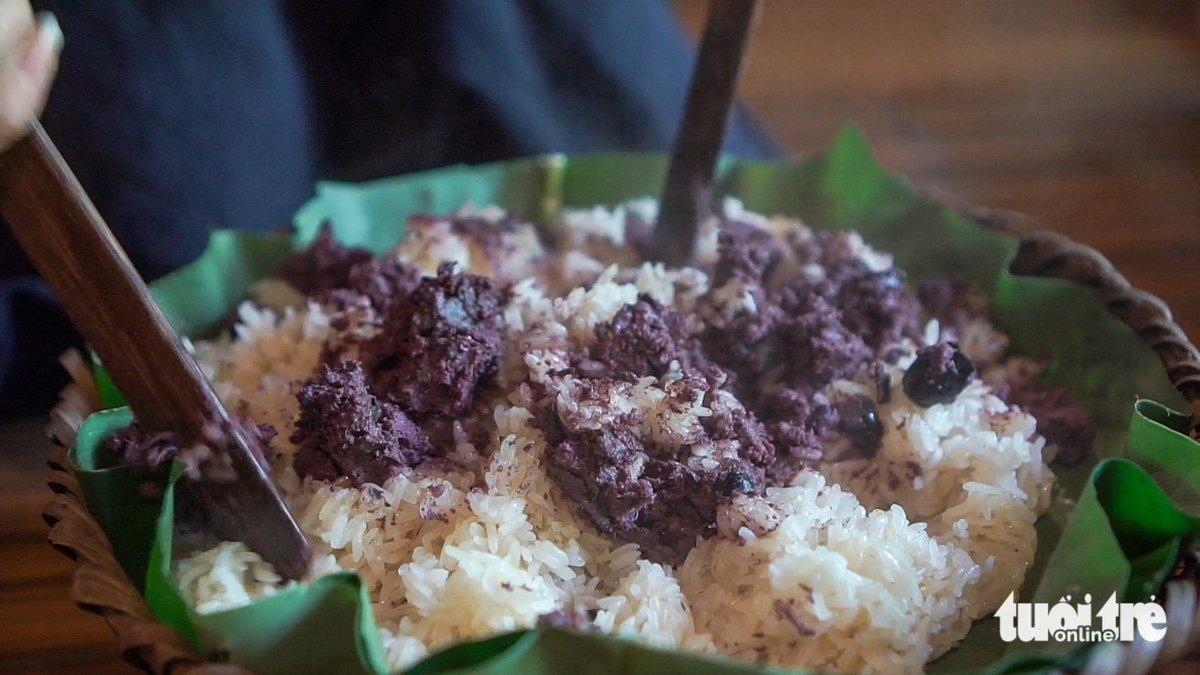



![[Photo] Government holds a special meeting on 8 decrees related to the International Financial Center in Vietnam](https://vphoto.vietnam.vn/thumb/1200x675/vietnam/resource/IMAGE/2025/11/04/1762229370189_dsc-9764-jpg.webp)





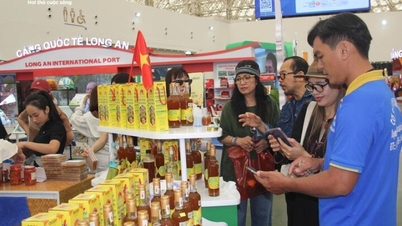

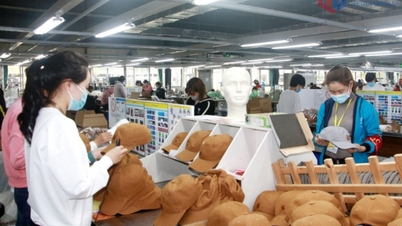

![[Infographic] How will Dong Nai's economic indicators grow in the first 10 months of 2025?](https://vphoto.vietnam.vn/thumb/402x226/vietnam/resource/IMAGE/2025/11/04/1762224574377_anh_thumbnail_chi_tieu_kt_xh_10-2025_20251103215336.jpeg)






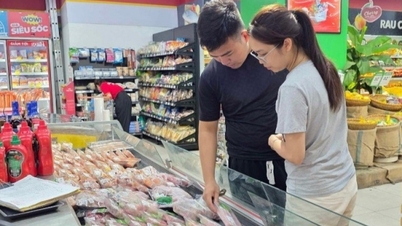

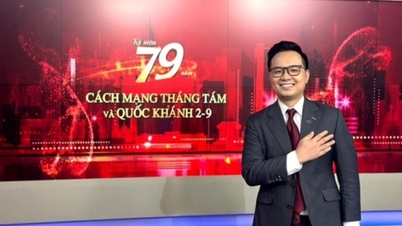

























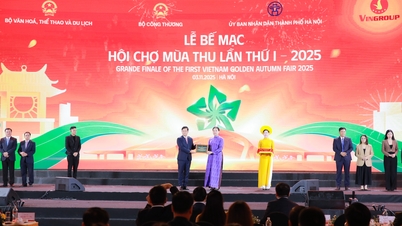

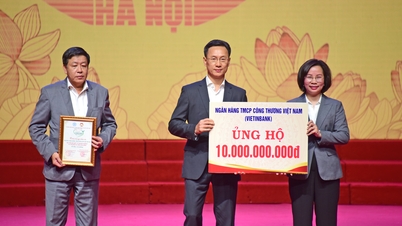











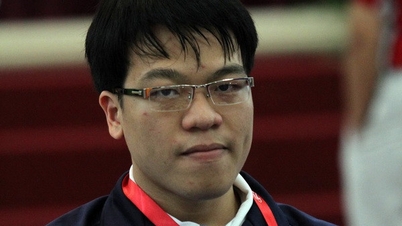

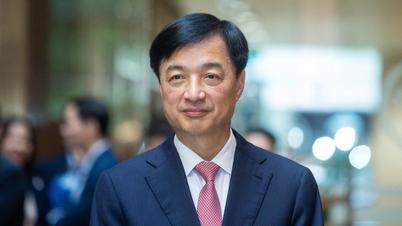









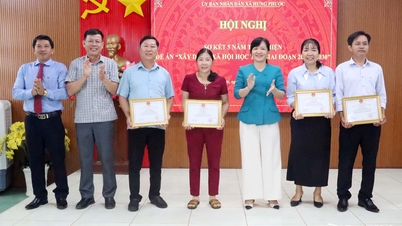
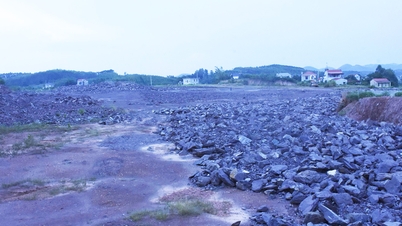



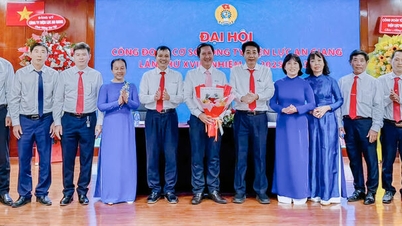


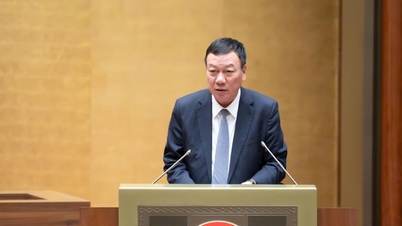












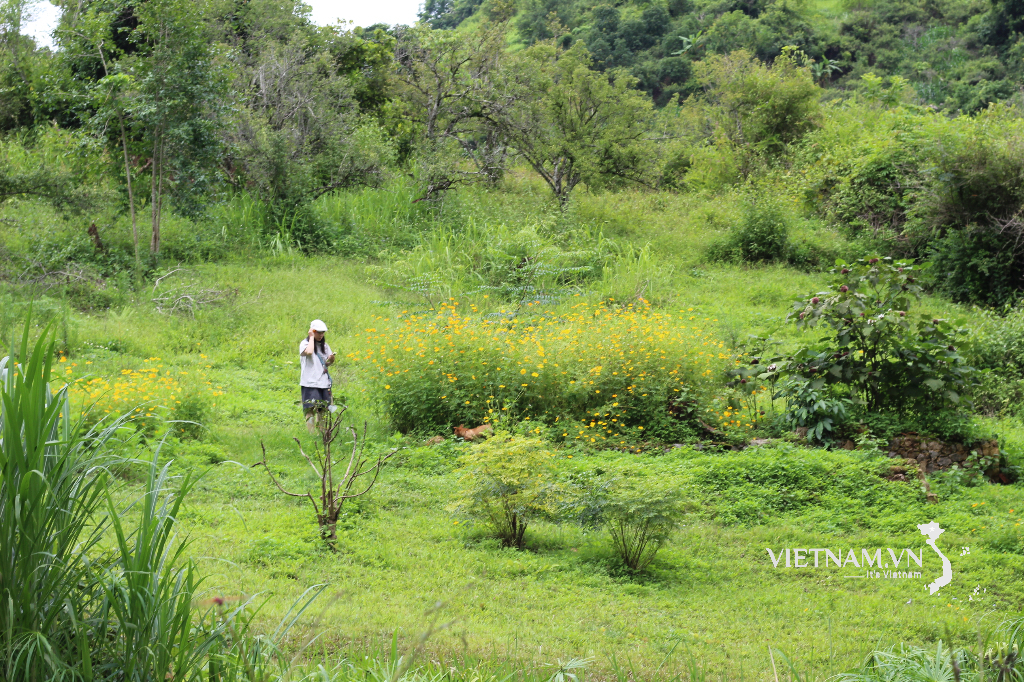
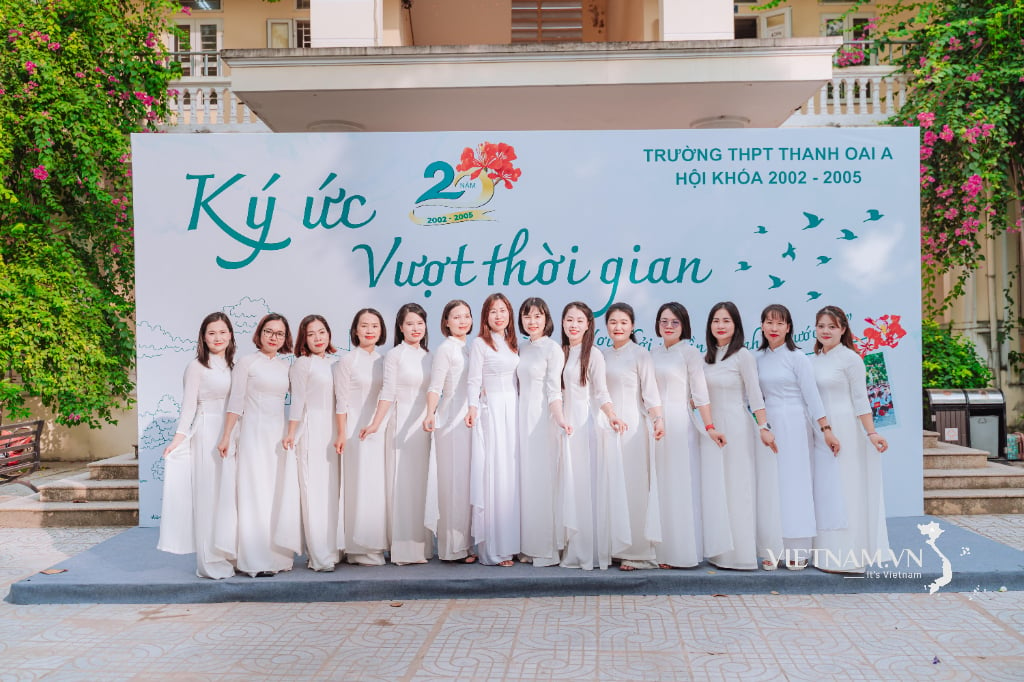


Comment (0)